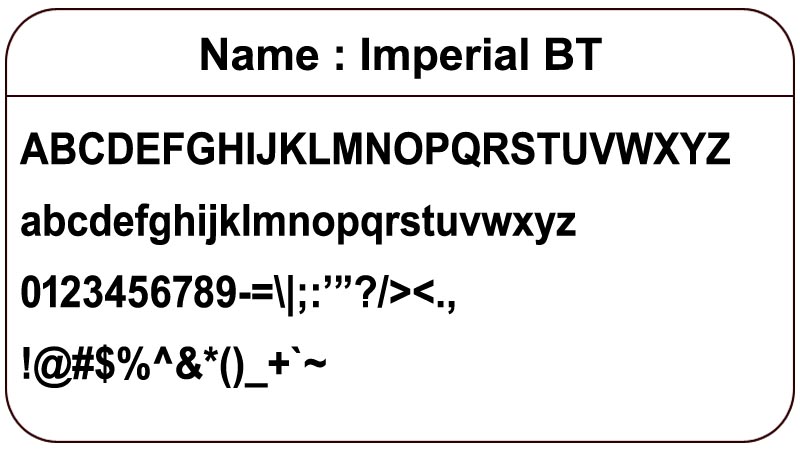Best Tattoos Designs for world wide in Best Place of human
Introduction Tattoos are more than ink on skin; they’re a form of art that reflects personal stories, passions, and creativity. In this comprehensive guide, we delve into the world of the “best tattoos designs,” exploring everything from popular styles to the artists behind the magic. The Art of Choosing What Makes a Tattoo Design the … Read more










